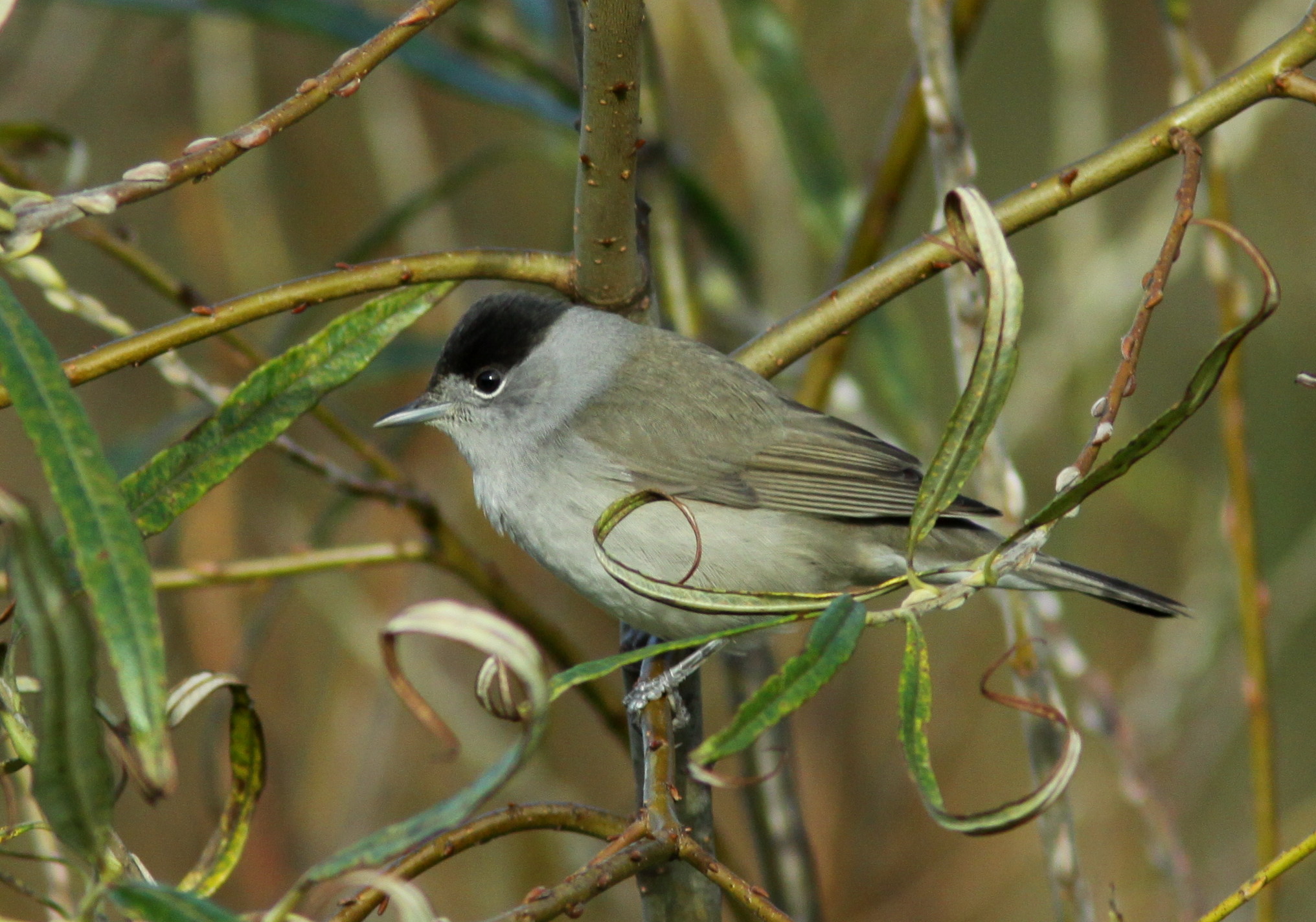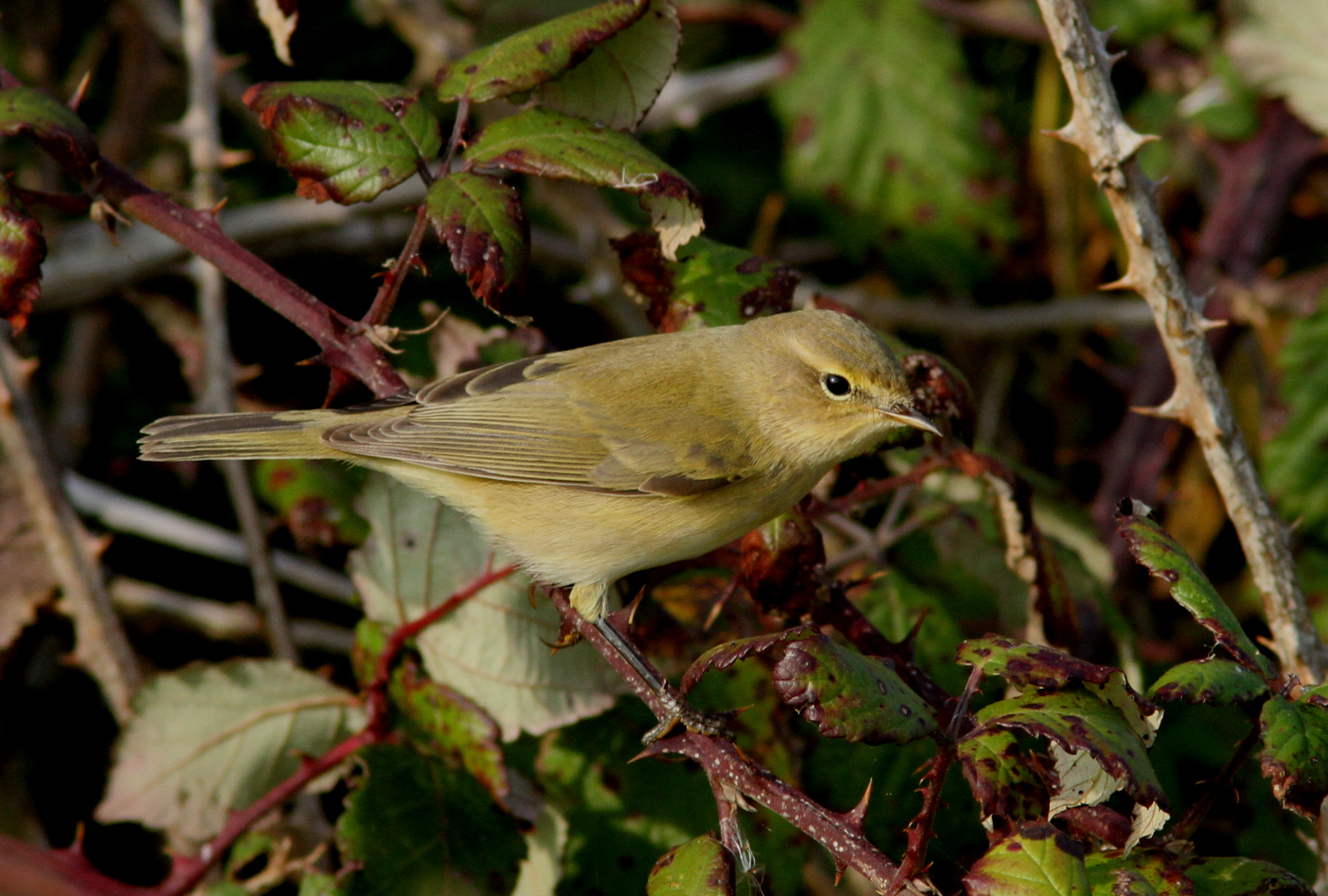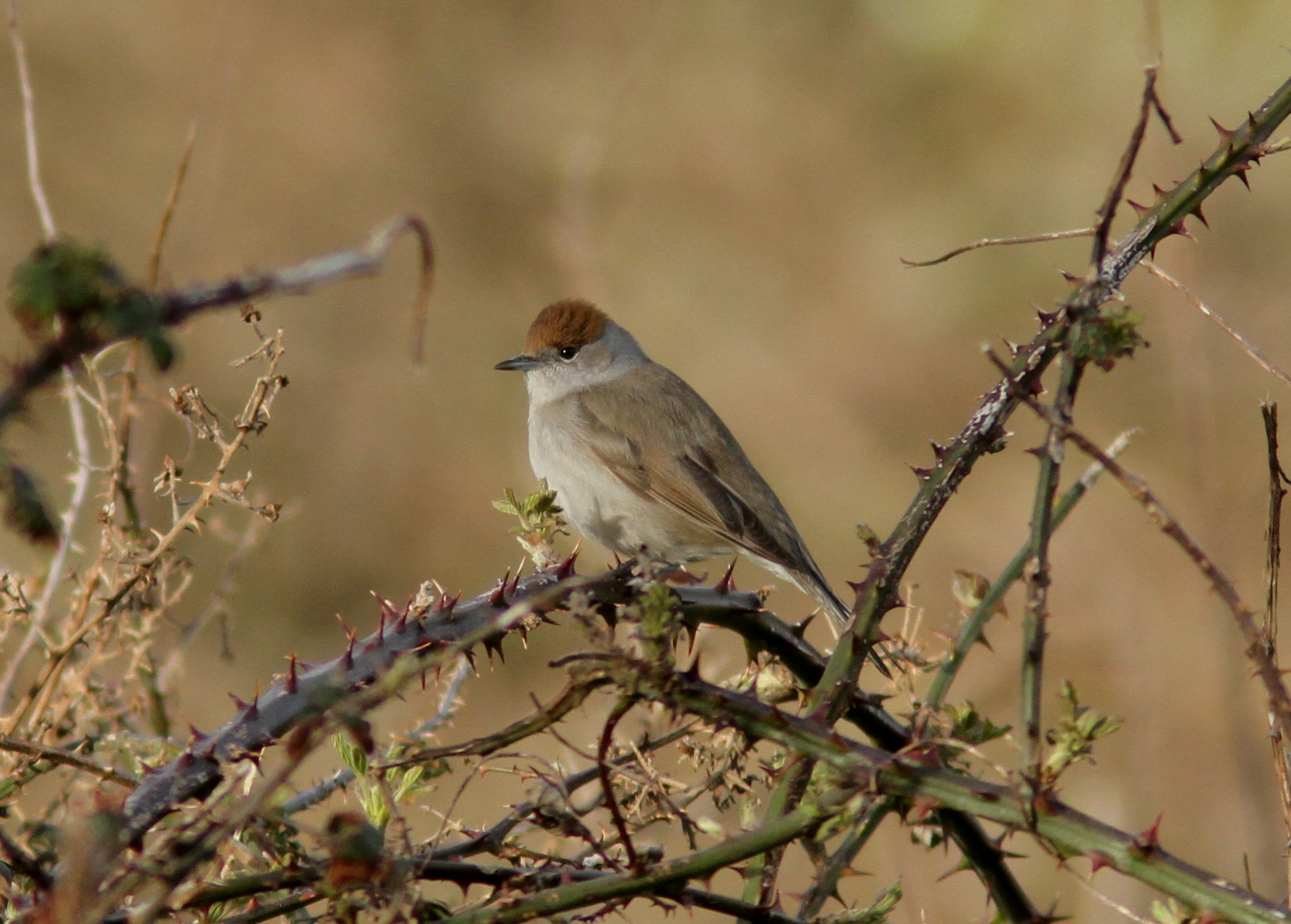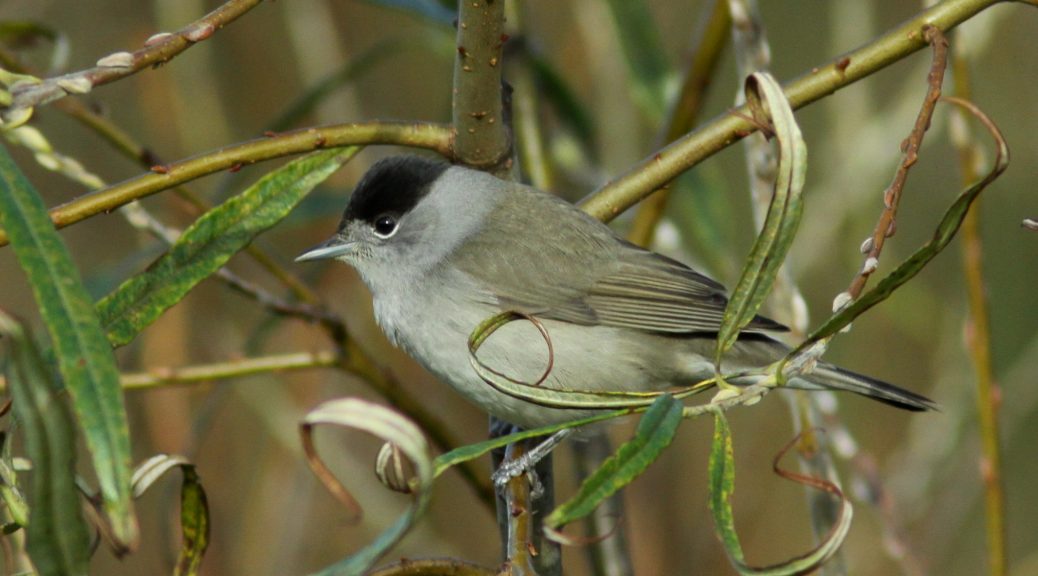
For me one of the cues of the advancing spring are the changing choristers in the garden. Four days ago I heard the first of our migrant birds calling from an ash tree, the distinctive two notes chiff-chaff, chiff-chaff repeated over and over. This is an easy one, a chiffchaff for the bird is named after its song. Apparently Germans hear its song differently, for they call it a Zilpzalp! These tiny birds, weighing less than a 2 Euro coin, have flown here from the Mediterranean, where they spend the winter months. Each year more chiffchaff are tending to linger in Ireland year round, presumably because of the milder winters. I suspect the one I heard in the garden was a true migrant, for it was followed in subsequent days by others. Then yesterday, coming from the thicket at the back of the garden, I heard the first delightful song of the blackcap. Blackcap is a bird about the size of a robin. Its plumage is greyish-green, but what sets these bird apart is the jet black crown of the male and deep warm chestnut crown of the female that contrasts with the rest of their drab plumage. For such an energetic songster, with a wide repertoire of melodic notes, these birds are surprisingly difficult to see, as they tend to stay under cover in bushes. Yet, BirdWatch Ireland lists blackcap as one of the top 20 most common garden birds in summer. For me, there is something magical about these birds.
Bird-‘watching‘ is a strange term for keeping track of what birds are around, for watching only is like a bird trying to fly on only one wing; bird-‘listening‘ is equally as important. For as I write, I hear at least a half dozen species singing in the garden – dunnock, wren, robin, great tit, woodpigeon and guinea fowl (did I tell you we have guinea fowl too? Not great songsters -noisy feckers, if the truth be told!). And from the fields I hear a distant yellowhammer singing; what a joy it is to hear these delightful little birds that are threatened in Ireland but which, fortunately, are still common around here.
One of the consequences of a family bakery is that from early evening the house becomes silent with only the office worker awake. Even sitting at my computer, when it is dark outside, I sometimes hear birds flying overhead (doesn’t say much for the insulation qualities of our windows, grant you). Two nights ago a moorhen flew past low over the house. It may have been prospecting our pond as a suitable nest site (which I am sure it rejected thanks to our ducks) or it may have been just moving between the few small wet areas in the nearby fields. They have bred in a couple of these over the years. Later the same evening around eleven, as I let the dogs out before bed, a snipe flew over, calling. I always wonder what these birds are doing, going to and fro at night, while we sleep.
Then, in the early light of the following morning, a mistle thrush and blackbird tried to out compete one another in welcoming the new day. The world would be a far poorer place without the backdrop of birdsong heralding the arrival and departure of our daylight. Spring is such a delightful time.




